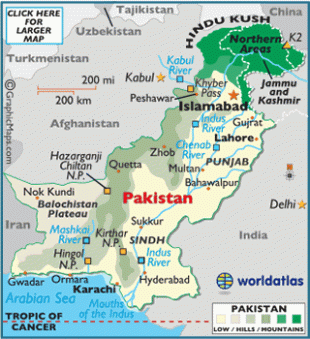Our Yayla Field Trip
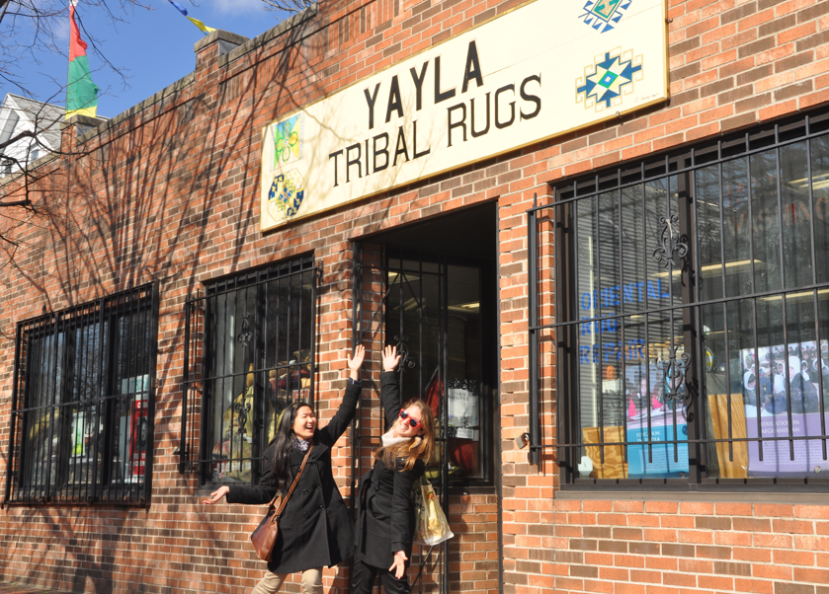
Pictured are Karmen and Laura, two very enthusiastic interns, in front of Yayla’s storefront!
Yesterday, the Barakat team made a trip to Yayla, a tribal rug merchant based in Cambridge. This company, started by Chris Walter in 1980, has dedicated its efforts to several projects in central Asia and the Indian sub continent. Yayla began working with rug makers in Turkey, and expanded to working with Turkmen refugees from Northern Afghanistan. Today, Yayla supports rug weavers in areas of Afghanistan, Pakistan, India and Nepal.
Yayla is primarily a wholesale rug merchant, but also sells out of its storefront on Broadway Street in Cambridge. The shop is unpretentious and Chris and his staff offer a warm welcome, echoing the warm colors of the ethnic carpet designs.
The shop is composed of four large rooms at street level and another large room below, all stacked high with rugs of varying sizes and colors. Yayla rugs are special because they are died with all-natural vegetable dies. This gives each one a unique look. Yayla is also proud that each rug is hand made. Pointing to a 6’x9’ rug, Chris told our Barakat crew that it probably took about 8 months for two artisans to weave. The amount of labor necessarily is reflected in the rugs’ prices, but Chris explained that the higher quality and longer durability actually made them a better buy in the long run than other kinds of rugs.
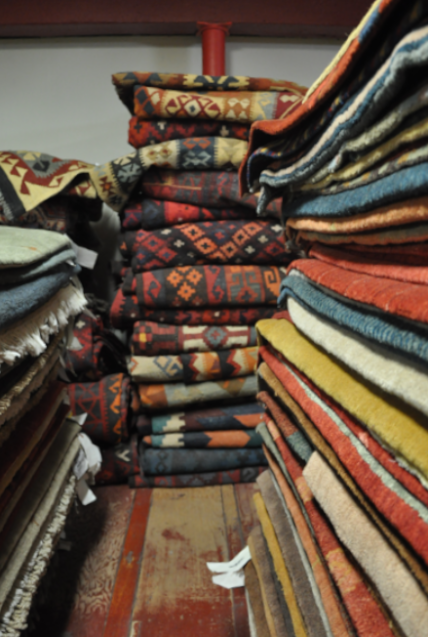 When asked about the meaning behind each design, Chris chuckled and said that ancient weavers created stories for each rug to give them special significance, but that today they are created mainly for styles of market demand, though they have not entirely lost their cultural significance.
When asked about the meaning behind each design, Chris chuckled and said that ancient weavers created stories for each rug to give them special significance, but that today they are created mainly for styles of market demand, though they have not entirely lost their cultural significance.
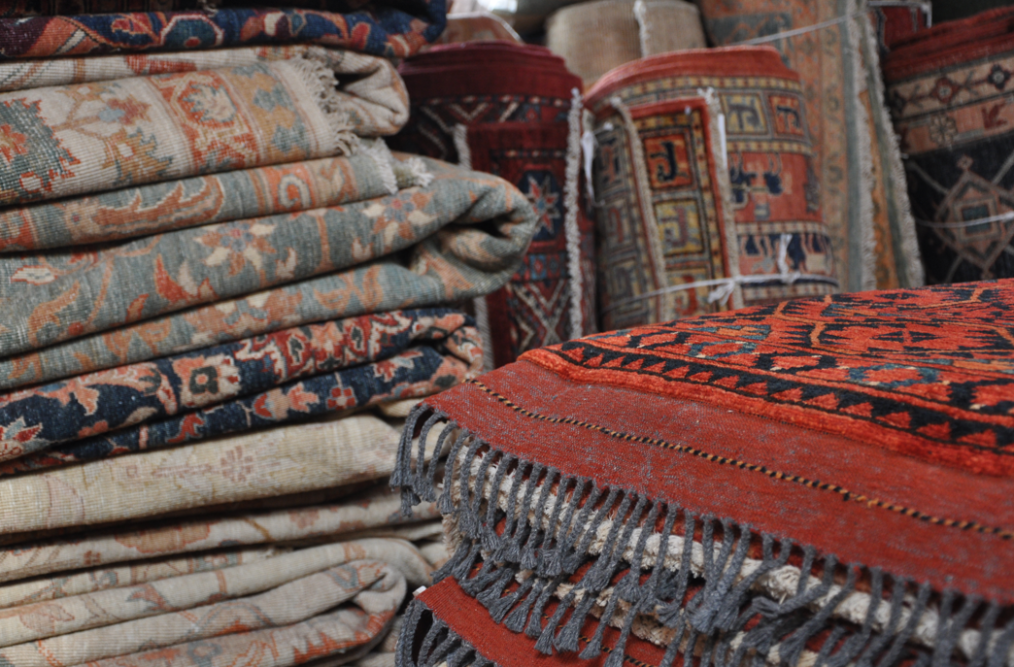 But Yayla is much more than just a Tribal rug dealer, it is also the corporate sponsor of two nonprofit organizations, Barakat and Machik. Both originated from a vision of enhancing the lives of the people that Yayla supported through rug selling. Chris founded Barakat in 1999 after almost two decades of work in central Asia and India. The opening of the first school in Attock, in the Punjabi region of Pakistan, was inspired by his observations of their acute need for education, especially for women.
But Yayla is much more than just a Tribal rug dealer, it is also the corporate sponsor of two nonprofit organizations, Barakat and Machik. Both originated from a vision of enhancing the lives of the people that Yayla supported through rug selling. Chris founded Barakat in 1999 after almost two decades of work in central Asia and India. The opening of the first school in Attock, in the Punjabi region of Pakistan, was inspired by his observations of their acute need for education, especially for women.
Yayla’s mission is to bring fairly-traded rugs to the Western world, and by doing so, support the value of people’s skills, while affirming their human dignity. Barakat is an extension of Yayla, providing educational opportunities to the people working in Yayla’s facilities and in their communities. What was once an entrepreneurial venture has now evolved into a series of educational programs in the region. By believing in and investing in the marketability of skillfully made wares, and by offering educational opportunities to those who would otherwise not have them, Yayla and Barakat share a mission to help a number of people create a better life for themselves.
Yayla put down roots as a rug merchant in communities in Afghanistan, Pakistan, Nepal and India. Through the two organizations, Barakat and Machik, Yayla has branched out into more directly humanitarian programs of providing schooling opportunities where they would otherwise not be available.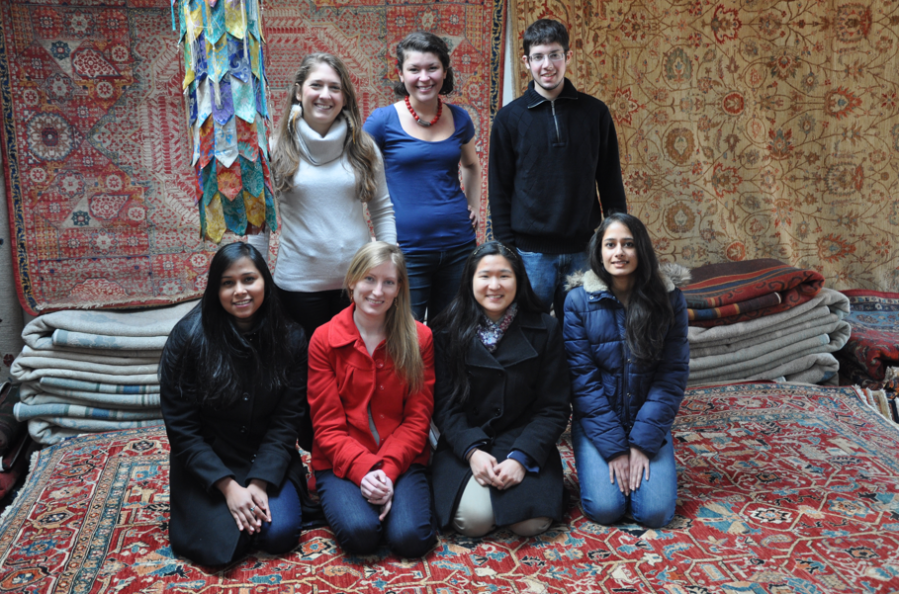
Meet the Interns! From Left to Right, Laura, Brooke, Steven, Deepa, Jaimie, Karmen and Neela!
